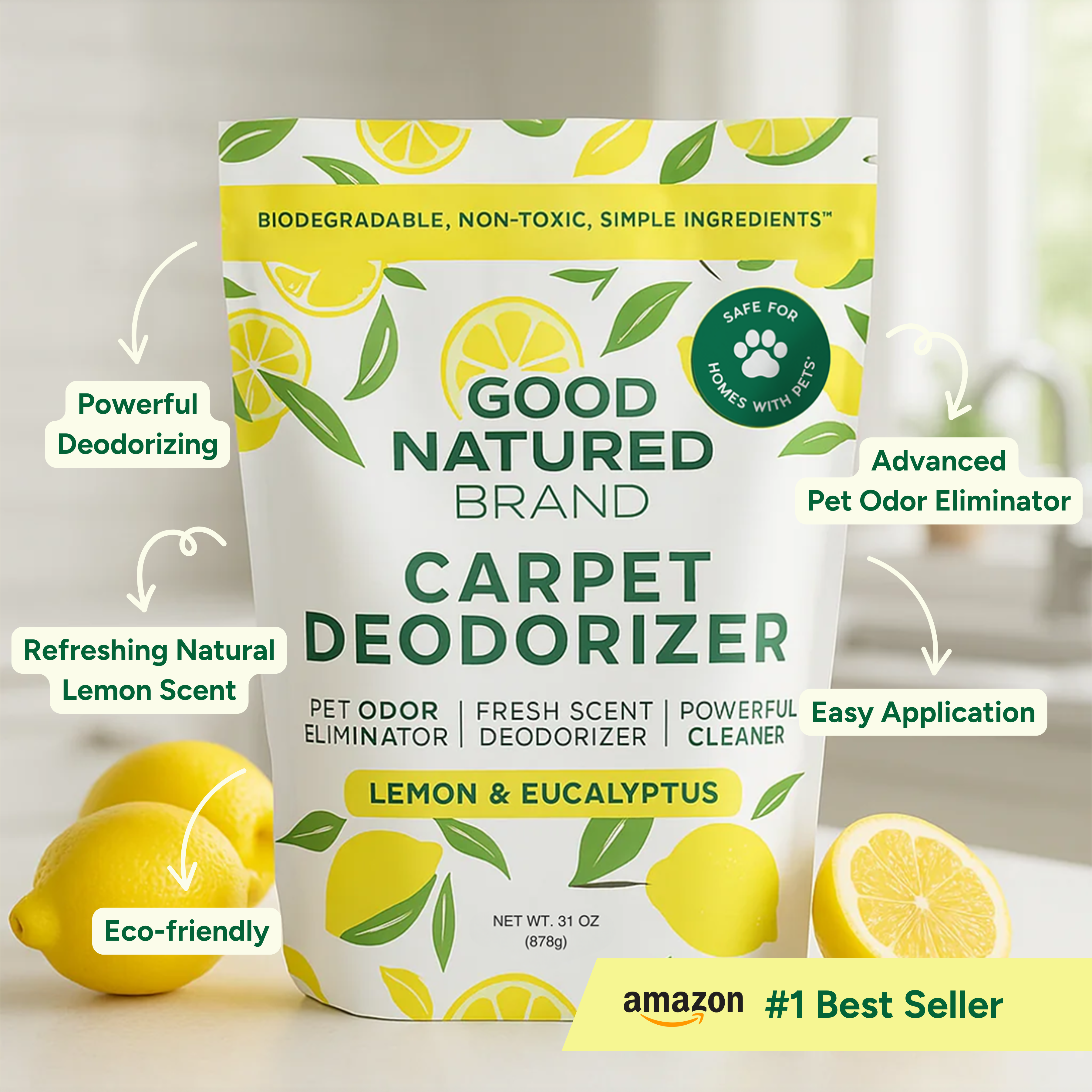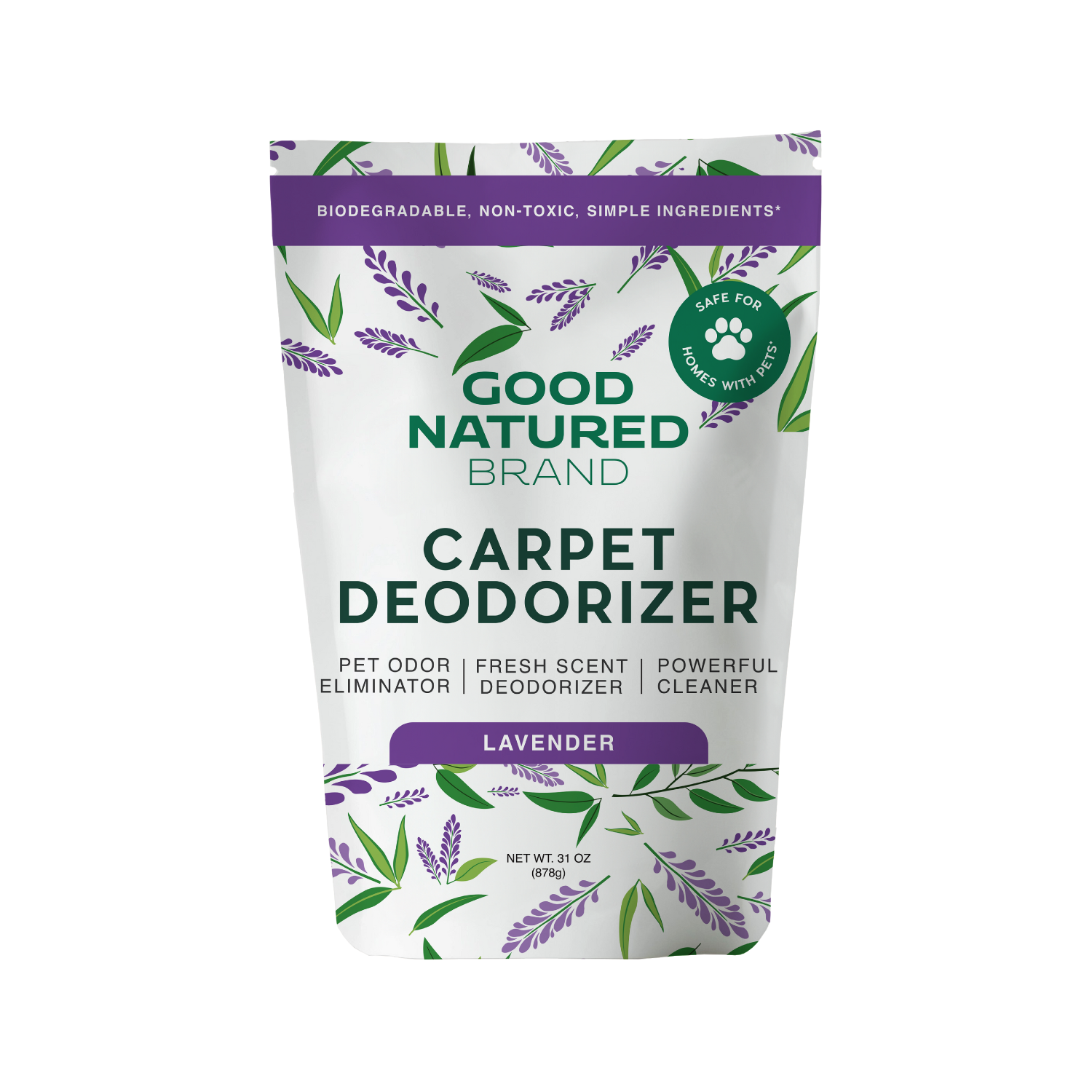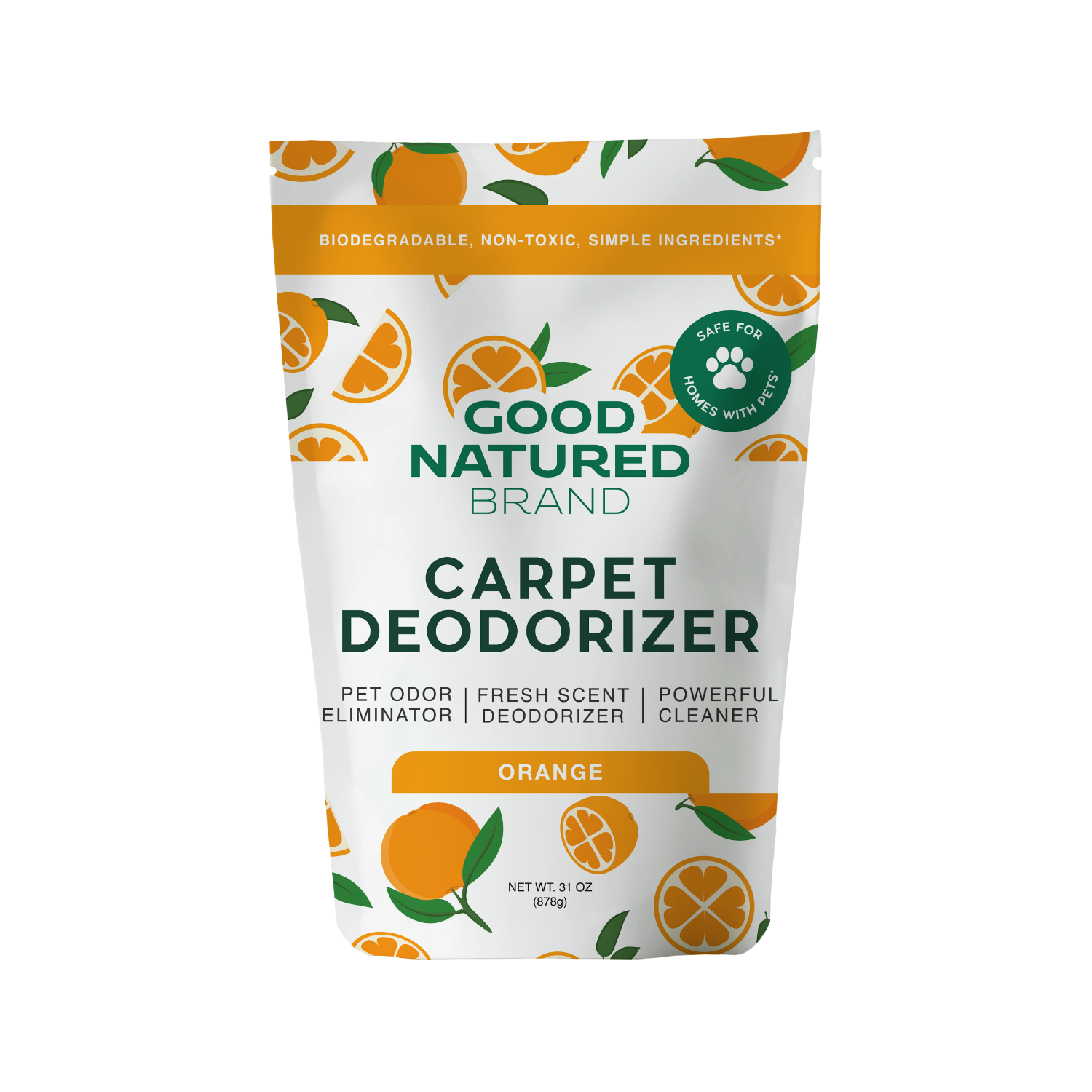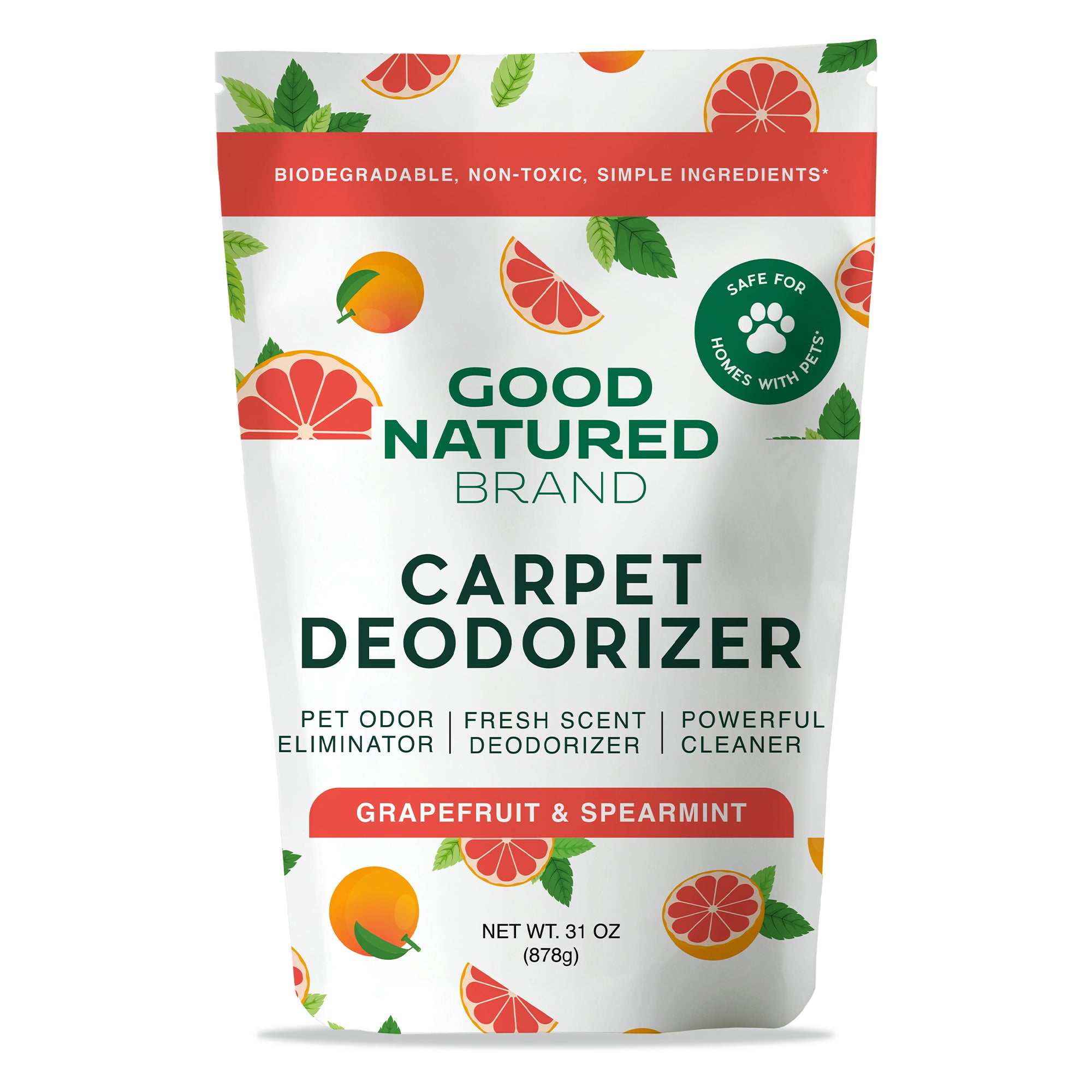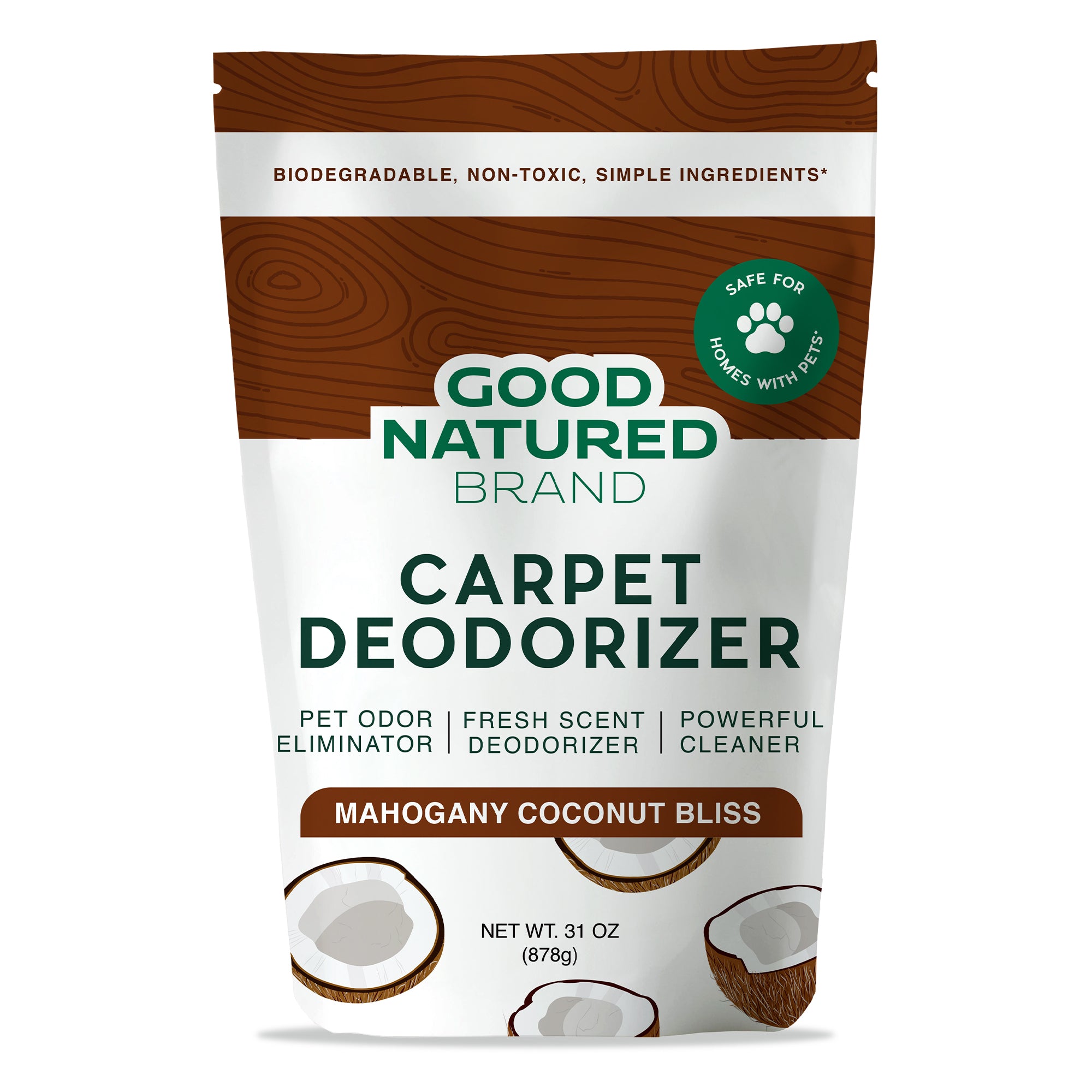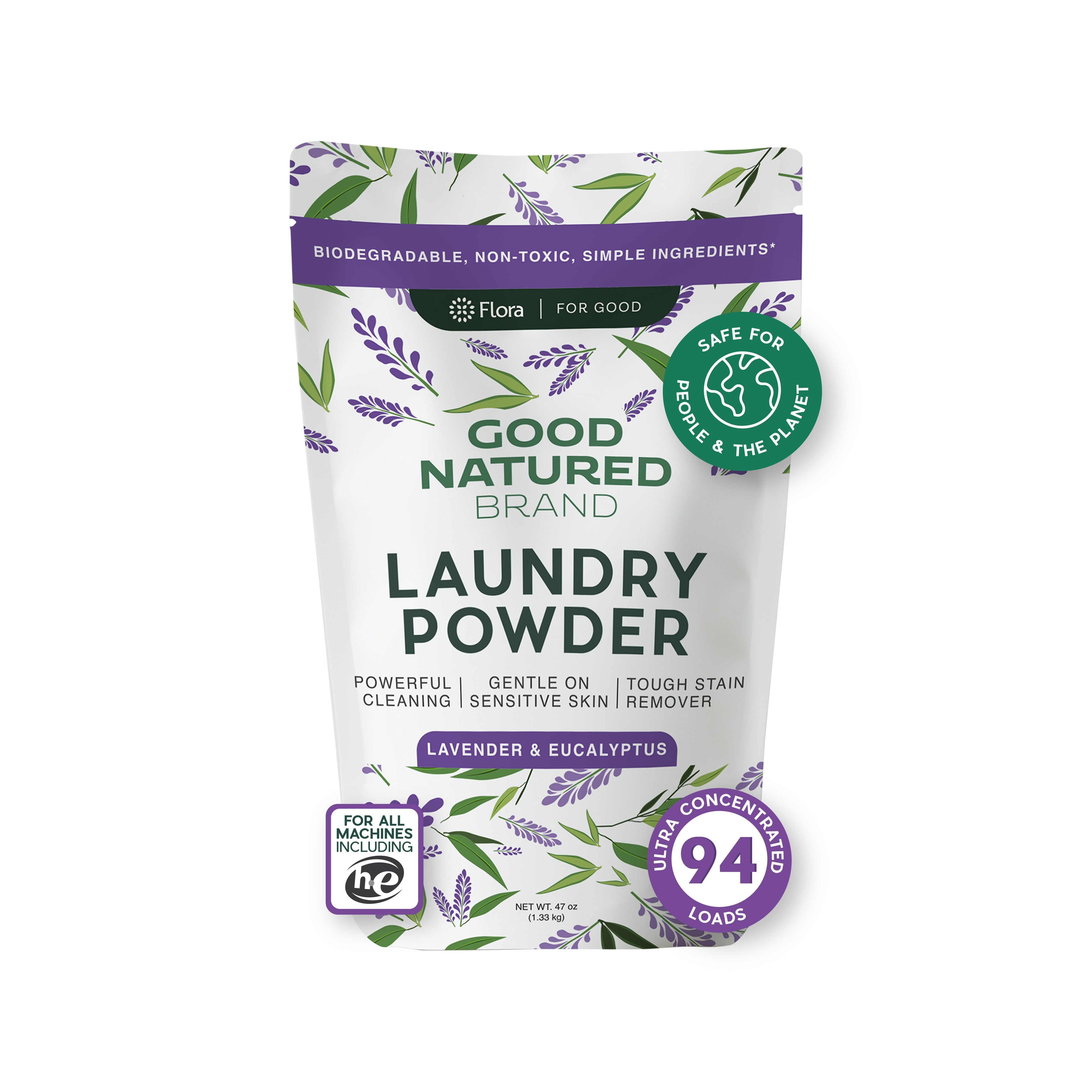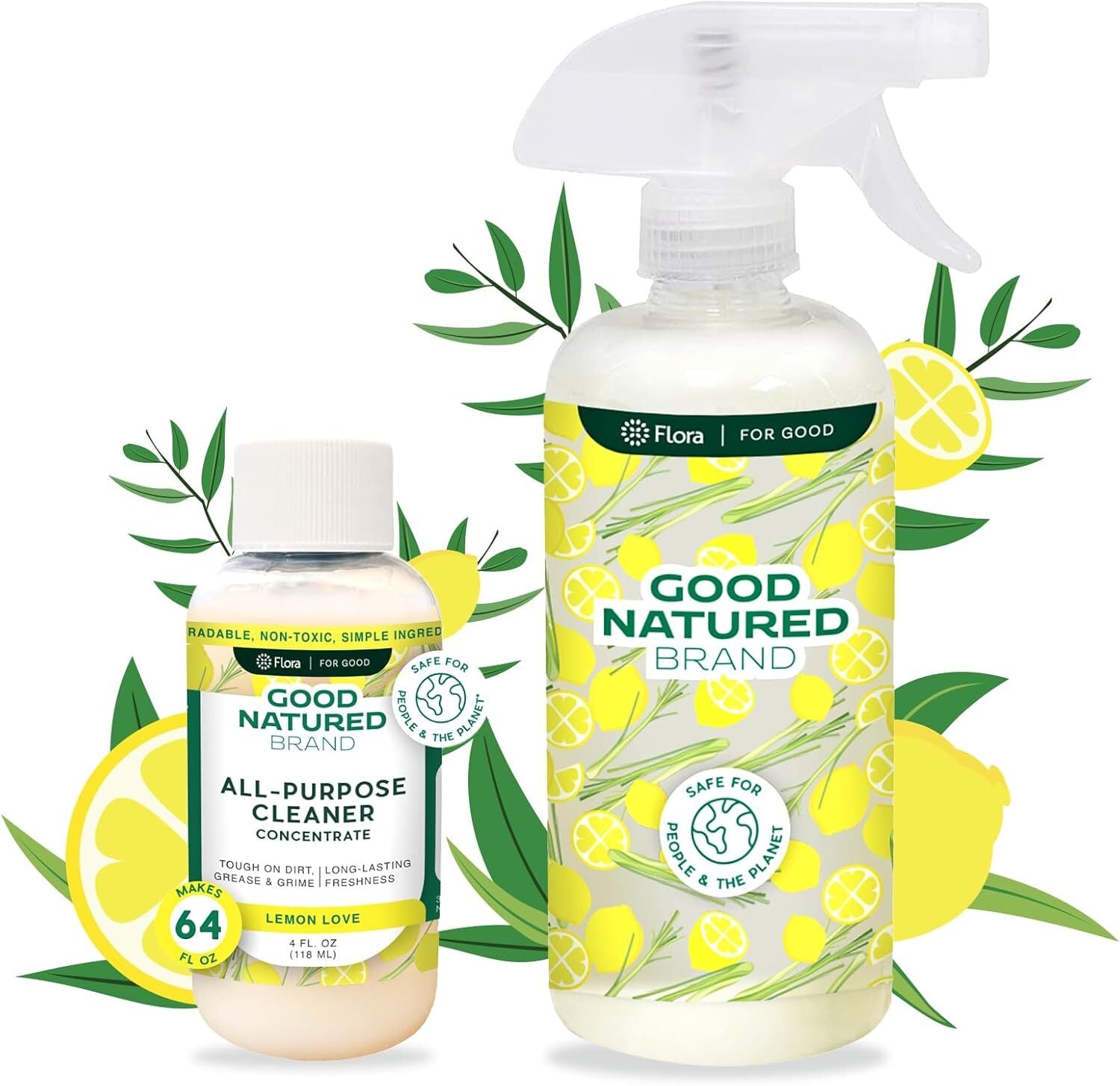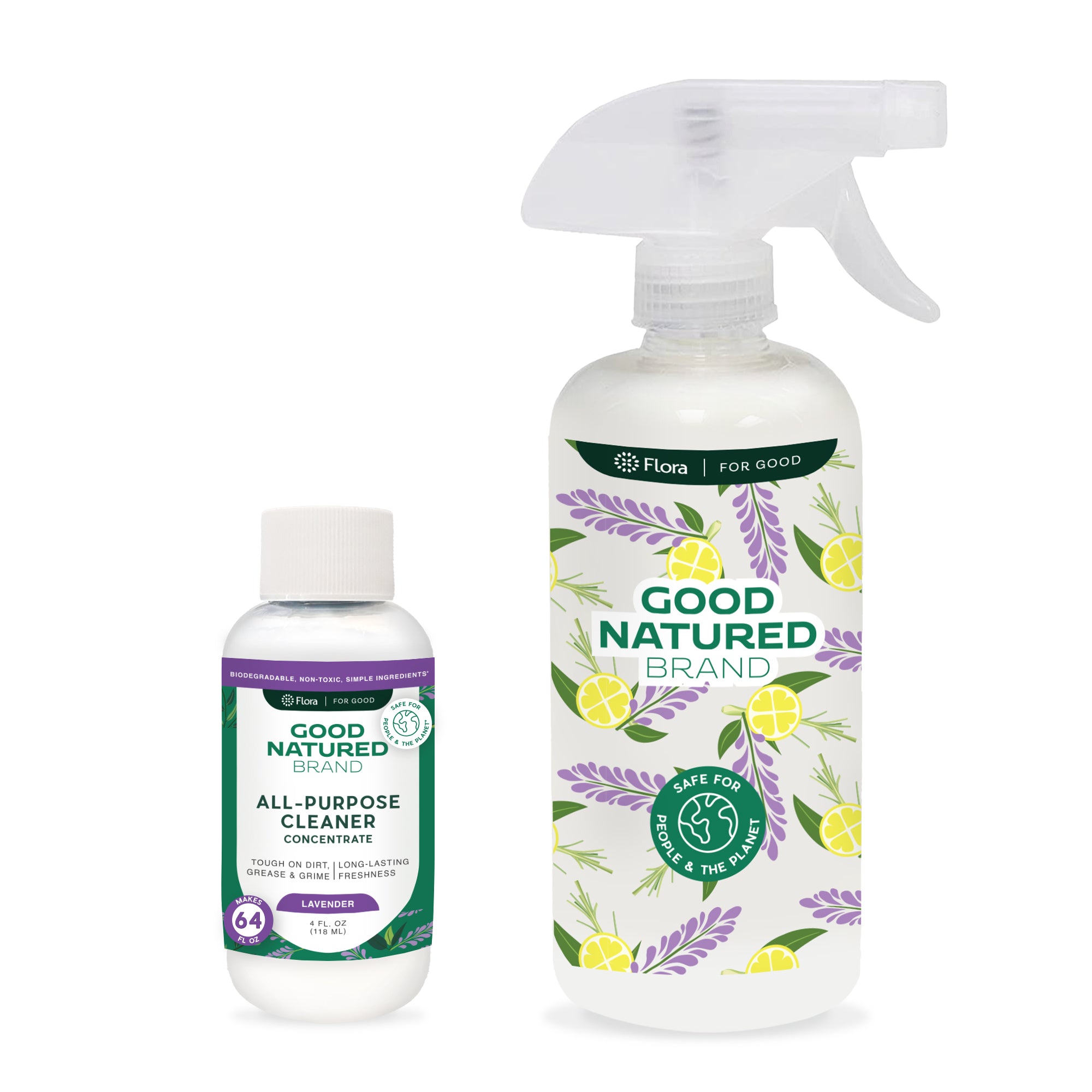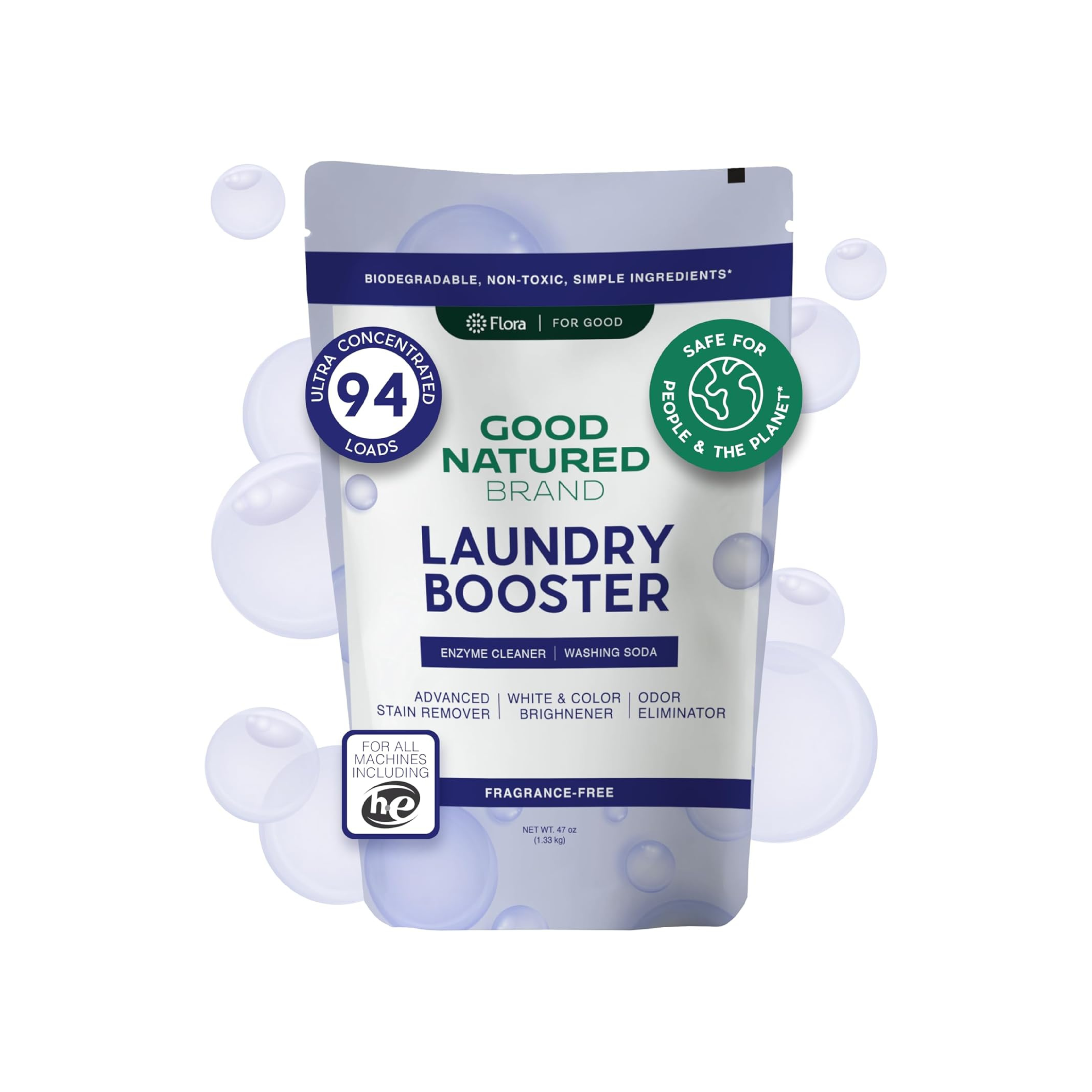Introduction: Why Pet-Friendly Gardens Matter
Creating a pet-friendly garden is more than just a luxury—it's an essential step in providing a safe and enjoyable environment for your furry friends. Whether you have a curious cat who loves to roam, an energetic dog who enjoys running around, or even smaller animals like rabbits and guinea pigs, your garden should be a space that caters to their needs. Not only do these outdoor areas offer pets a chance to explore, play, and relax, but they also promote mental and physical well-being.
Pets are natural explorers, and many spend a significant amount of time outdoors. However, traditional gardens can pose hidden dangers. Toxic plants, harmful chemicals, and unsafe boundaries are just a few of the risks pets may encounter in an ordinary garden. A pet-friendly garden, on the other hand, is designed with their safety and comfort in mind. It offers a pet-safe space that allows them to enjoy the outdoors without the worries of accidental harm.
At Good Natured Brand, we believe in creating environments that are safe for both pets and the planet. This is why we offer a range of eco-friendly products, including our All-Purpose Cleaner and Carpet Deodorizer, designed to maintain a clean and safe space for your pets. Keep reading to learn how you can transform your garden into a haven for your pets.
What Makes a Garden Pet-Friendly?
A pet-friendly garden is not just about aesthetics; it's about functionality and safety. When designing your outdoor space with pets in mind, there are several key features to consider.
Safe Plants for Pets
One of the primary concerns when creating a pet-friendly garden is the selection of plants. Many common garden plants can be toxic to pets. For example, lilies, foxglove, and oleander are all highly poisonous to animals. To keep your pets safe, it’s crucial to choose plants that are non-toxic. Some pet-friendly options include marigolds, sunflowers, and lavender. Not only are these plants safe, but they also add beauty and fragrance to your garden.
If you're unsure which plants are safe for your pets, we recommend checking out resources like the ASPCA's list of toxic and non-toxic plants. By carefully selecting plants, you can ensure that your garden provides a visually appealing yet safe environment for your pets to enjoy.
Pet-Safe Garden Boundaries
Another key component of a pet-friendly garden is creating safe boundaries. Many pets, especially dogs, are known for their love of exploring. Without proper fencing or barriers, they may wander off or get into dangerous areas. A sturdy, secure fence is essential to keeping your pets safe and contained.
When choosing a fence, ensure that it is tall enough to prevent jumping and has no gaps that could allow your pet to slip through. For extra peace of mind, consider adding a pet-safe gate or using fencing materials that are durable and escape-proof.
Pet Comfort and Accessibility
Your garden should be a place where pets can relax and enjoy themselves, so comfort is key. Think about adding shaded areas for hot days, especially for dogs that may suffer from the heat. A cozy corner with a pet bed or cushion can provide your furry friend with a peaceful retreat. For dogs and cats that love to play, creating open spaces for running, chasing, or climbing can help them burn off energy while staying safe.
Additionally, providing easy access to fresh water is crucial. A pet water station placed in a shaded area will help ensure your pets stay hydrated, especially during warm weather. If you’re designing a garden for small pets or rabbits, make sure the area is secure with enough space for them to roam safely and explore.
The Benefits of a Pet-Friendly Garden
A pet-friendly garden offers numerous benefits, not only for your pets but for you as well. Creating an outdoor space that is safe and enjoyable for pets strengthens the bond between pets and their owners. It also provides mental stimulation and physical exercise, both of which are essential for your pet’s overall health. Having a dedicated space for your pets can also help reduce destructive behaviors inside the house, as they’ll have an outlet for their energy.
Moreover, maintaining a clean and fresh outdoor space is just as important as creating a safe one. Regular cleaning can prevent the buildup of harmful bacteria and odors, especially if your pets spend a lot of time in the garden. Products like Good Natured Brand’s Laundry Powder and Carpet Deodorizer are perfect for helping you keep both your indoor and outdoor spaces fresh and free from unpleasant smells, ensuring a pleasant environment for you and your pets.
Choosing Pet-Safe Plants for Your Garden
A pet-friendly garden begins with selecting the right plants—those that are not only beautiful but also safe for your pets. While plants can add color, texture, and fragrance to your garden, many common species can be harmful or even deadly to pets if ingested. Therefore, choosing non-toxic plants is crucial in ensuring your pet’s safety.
Pet-Safe Plants for Dogs and Cats
Some plants are perfectly safe for pets, including the following popular options:
-
Lavender: Known for its soothing scent, lavender is non-toxic to both dogs and cats, making it an excellent choice for your garden.
-
Marigolds: Bright and cheerful, marigolds are also safe for pets and add a pop of color to your outdoor space.
-
Sunflowers: These towering beauties are a great addition to a pet-friendly garden and pose no threat to your pets.
-
Petunias: Petunias are not only colorful but also pet-safe, offering a vibrant and safe option for your garden.
By incorporating these and other pet-friendly plants into your garden design, you can create a beautiful and secure outdoor space for your pets to enjoy. If you're new to selecting safe plants, make sure to check out reliable resources such as the ASPCA's plant database to confirm the safety of any plant you're considering.
The Importance of Pet-Safe Mulch
Mulch can enhance the beauty of your garden, but many types of mulch can pose a danger to pets. Cocoa mulch, in particular, contains theobromine, a compound found in chocolate that can be toxic to both dogs and cats. To avoid potential risks, opt for pet-safe mulch alternatives, such as pine bark or cedar, which are safe and effective at suppressing weeds.
When maintaining your garden, ensure that the mulch doesn’t contain harmful additives or chemicals. You can easily maintain a pet-friendly environment by using organic mulch options and regularly cleaning the garden using a gentle, eco-friendly product like Good Natured Brand’s All-Purpose Cleaner.
Creating Boundaries and Fencing for Pet Safety
A well-designed fence is one of the most important features of a pet-friendly garden. It ensures that your pet stays safe within your garden and prevents them from wandering into hazardous areas.
Choosing the Right Fencing Materials
When selecting materials for your fence, consider your pet's behavior. For example, dogs that love to dig may require deeper posts or a fence with a buried bottom to prevent them from digging under. Similarly, taller fences are necessary for dogs or cats who might try to jump over. Ideally, your fence should be at least 4 to 6 feet tall to prevent escape.
Some popular fencing materials that work well for pet safety include:
-
Wooden Fences: A sturdy wooden fence provides both privacy and security, preventing pets from seeing distractions outside.
-
Metal Fences: Metal fences like chain link are durable, but ensure there are no gaps that a pet could slip through. Adding slats can help make the fence more secure.
-
Vinyl Fences: Vinyl fencing is a low-maintenance option that is easy to clean and doesn’t splinter like wood.
Additionally, ensure that gates are properly secured and that they cannot be opened by your pet. You can use pet-safe latches that are high enough for your pets to not reach.
Keeping Pets Safe from Wildlife and Other Dangers
While creating boundaries is important for containing your pets, it’s equally crucial to prevent them from coming into contact with potential threats from outside. Wildlife such as raccoons, foxes, or even larger predators can sometimes be attracted to your garden. A fence can help keep your pets safe from these dangers, but you may also want to consider adding deterrents like motion-activated lights or sprinklers.
If you’re looking for a cleaner and safer outdoor environment, maintaining a pet-friendly space free from chemicals is important. Products like Good Natured Brand’s Carpet Deodorizer can help you keep your outdoor areas fresh and free from unwanted odors.
Designing Pet-Friendly Outdoor Spaces for Comfort and Play
A pet-friendly garden is one that allows your pets to move, play, and rest comfortably. By adding certain features to your garden, you can create a space that caters to your pet's physical and mental well-being.
Creating Shaded Areas
One of the biggest considerations for outdoor pets is providing shelter from the sun. Dogs, in particular, can suffer from heatstroke if they don’t have access to shaded areas. Consider planting trees or adding a pergola or shade cloth to create a cool, sheltered area where your pets can rest during hot weather.
For smaller pets or those with shorter fur, providing a shaded hideaway can offer protection from direct sunlight. A cool, shaded spot ensures your pets can enjoy their outdoor space without getting overheated.
Comfortable Resting Spaces
Just like humans, pets need a place to relax and take naps. Adding a pet bed or cushion to a quiet corner of your garden allows your pet to have a peaceful retreat. For dogs that love to lounge, an outdoor dog bed placed under a shady tree can make a perfect resting spot.
If you're looking for a solution to maintain freshness in your pet’s outdoor resting area, Good Natured Brand’s Laundry Powder is an excellent option to keep bedding and fabrics smelling fresh, even after extended use outdoors.
Pet-Friendly Play Areas
Creating a designated play area within your garden allows your pets to have fun and exercise safely. If you have a dog, consider adding a dog-friendly play zone with toys, tunnels, and even an agility course. For cats, providing scratching posts and climbing structures will encourage them to stay active and engage with the environment.
For smaller animals, such as rabbits or guinea pigs, designating a portion of your garden with secure fencing will allow them to roam freely in a protected area. You can add hay, safe toys, and pet-safe plants to encourage them to explore and play.
Maintaining a Pet-Friendly Garden
Once you've designed your pet-friendly garden, it’s important to keep it clean and well-maintained. This will help ensure that your pets remain safe and healthy while they enjoy the outdoors.
Eco-Friendly Pest Control
A garden filled with pests can be a breeding ground for diseases that can affect both you and your pets. Using harsh chemical pesticides is not only dangerous for your pets but also harmful to the environment. Instead, opt for natural and eco-friendly pest control methods such as using essential oils, planting pest-repelling plants, and attracting beneficial insects like ladybugs.
For cleaning up after your pets or ensuring a fresh environment, Good Natured Brand’s All-Purpose Cleaner offers an eco-friendly solution that keeps your garden tidy and safe for your pets.
Regular Cleaning and Waste Management
Maintaining a clean outdoor space is essential for your pets' health. Regularly cleaning up after your pets helps prevent the buildup of harmful bacteria and ensures that the garden remains safe and sanitary. Use a biodegradable waste bag to dispose of pet waste, and consider adding a composting area for pet waste to create a more sustainable garden.
For a fresh-smelling garden, consider using a natural product like Good Natured Brand’s Carpet Deodorizer to help keep any unwanted odors at bay. This will ensure that your garden remains both clean and inviting for both you and your pets.
Conclusion
By following the guidelines provided in this section, you can create a functional, safe, and enjoyable pet-friendly garden for your furry friends. From selecting the right plants to providing shaded areas and play zones, every detail counts when it comes to designing a space where pets can thrive.
Maintaining a pet-friendly garden takes effort, but the rewards are worth it. A well-designed garden enhances your pet’s quality of life and strengthens the bond between you and your animal companions. For further tips on creating a clean, pet-safe home and garden, be sure to check out Good Natured Brand’s Blog for more useful information.
